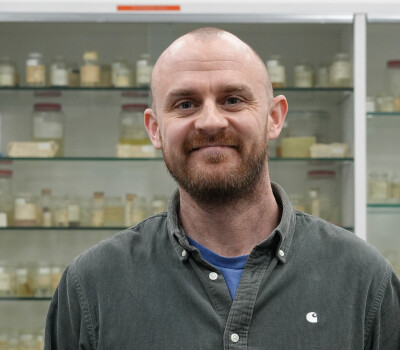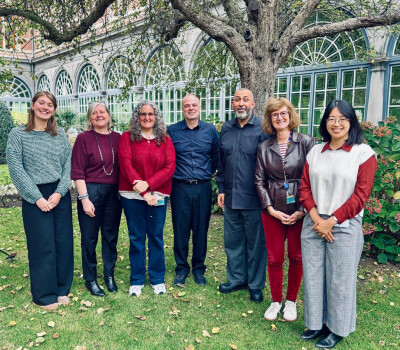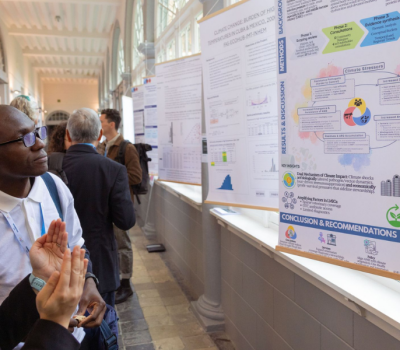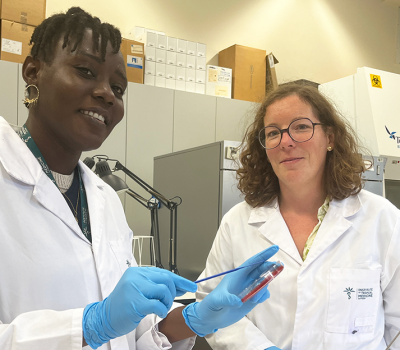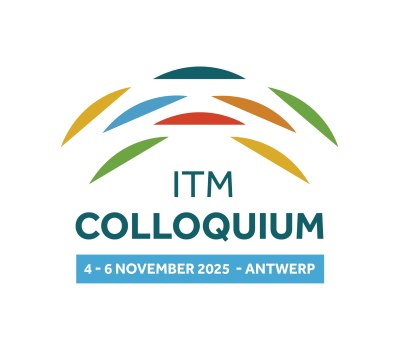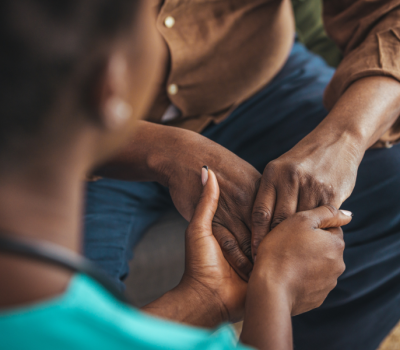Improving the provision of and the access to healthcare

A sub-standard healthcare system in Mauritania is leading to inadequate accessibility of equitable healthcare of good quality. The country is suffering from poor financial and geographic accessibility, and important maternal and infant mortality rates. In order to address the weaknesses of the health system, a four-year programme, known as “Appui Institutionnel au Programme d’Appui au Secteur de la Santé” (AI-PASS; i.e., Institutional Support for Health Sector Strengthening), funded by the European Commission and the French Development Agency, was launched in July 2017. The programme is implemented by Enabel (Belgian Development Agency) and supported by the Department of Public Health of the Institute of Tropical Medicine (ITM).
At local level, a high out of pocket expenditure, lack of financial and human resources at facility level, frequent stock rupture of essential drugs and a weak quality of care are barriers for a lot of patients to access the care they need. An audit within the Ministry of Health in 2014 attributed the weak performance of the health system to excessive centralisation, system fragmentation, lack of programme coordination, poor efficiency in terms of resource allocation, and lack of technical competencies. The AI-PASS programme aims at assisting the Ministry of Health in the implementation of its national development plan and encompasses five domains: governance, equitable access to quality health care, essential drugs and consumables, human resources management and setting up a social health insurance scheme.
To improve exchange and dialogue within the national health system and enhance its responsiveness to people’s needs, the programme has a two-fold approach: provide institutional support at the central level and guidance to two health districts at operational level. “Through an action research approach, two “learning districts”, Dar Naim and Bababé are accompanied to improve the access and provision of healthcare. The purpose is that the lessons learned from this endeavor could nourish the policies and strategies defined at central level,” says ITM public health advisor Kirsten Accoe.
In order to enhance the exchange between the various actors involved, a joined workshop is organised annually. This year, the COVID-19 pandemic had an important impact on the population and the health system, like in many other countries. Through testimonies of community members and health staff, the reality on the ground became more clear for the regional and central level and its partners. The workshop was the perfect moment to evaluate the impact of the work in the two districts to improve the response to the COVID-19 pandemic, and to define lessons learned and the way ahead. At central level, a contingency plan for a new wave or future epidemics will be developed through a multidisciplinary platform. In order to take into account the realities on the ground, strategies at local level, like the development of the coordination function of the district health management team and the organisation and preparation of the health services through a triage system will be capitalised. Building on the needs and challenges of the communities, a continuous dialogue through various platforms will be enhanced. Strengthening primary health care to be able to respond at grassroot level and adequate social support measures to the most vulnerable in society are therefore key.
For the long version of the video, visit ITM's Youtube channel.
Spread the word! Share this story on


